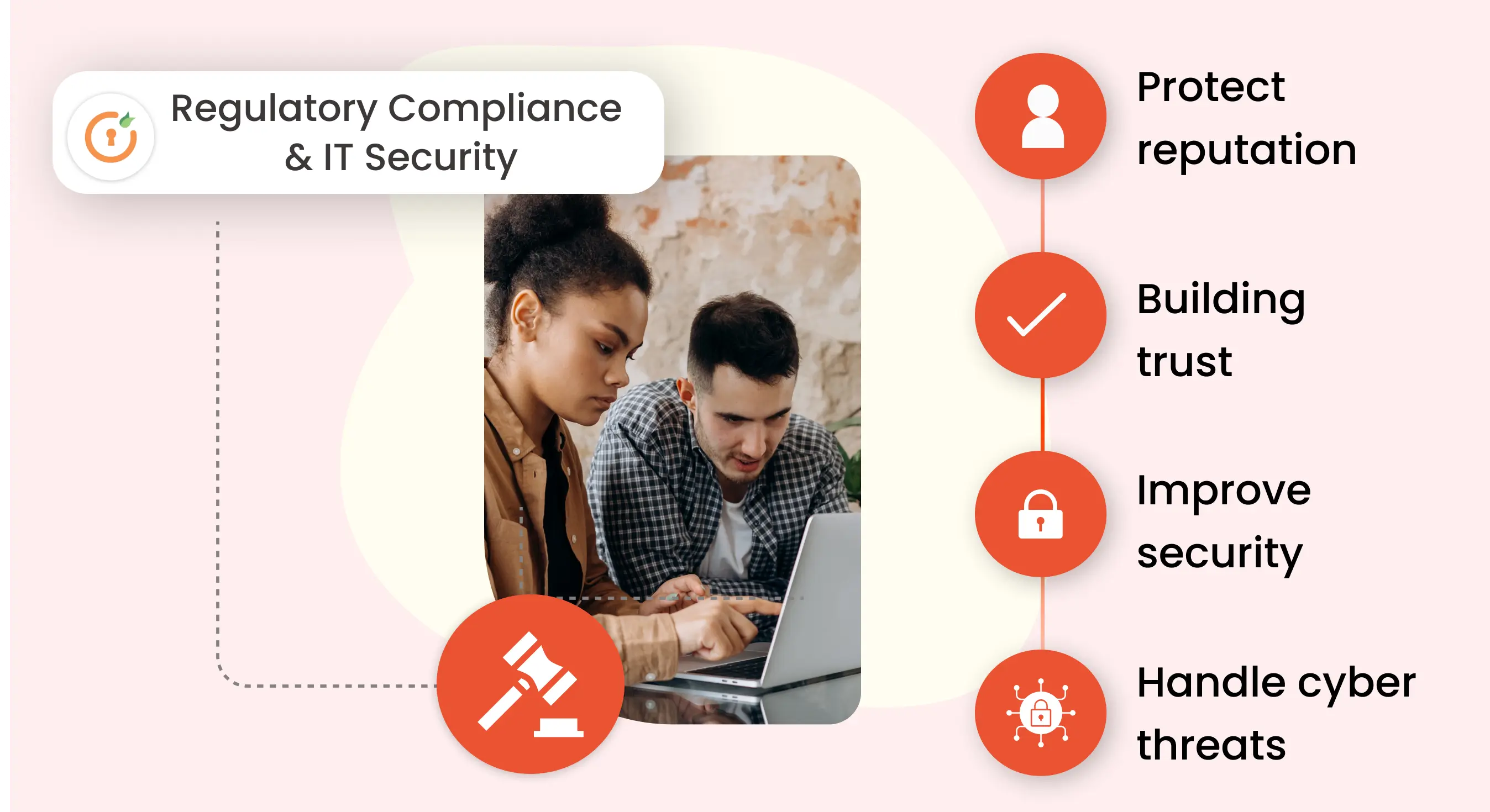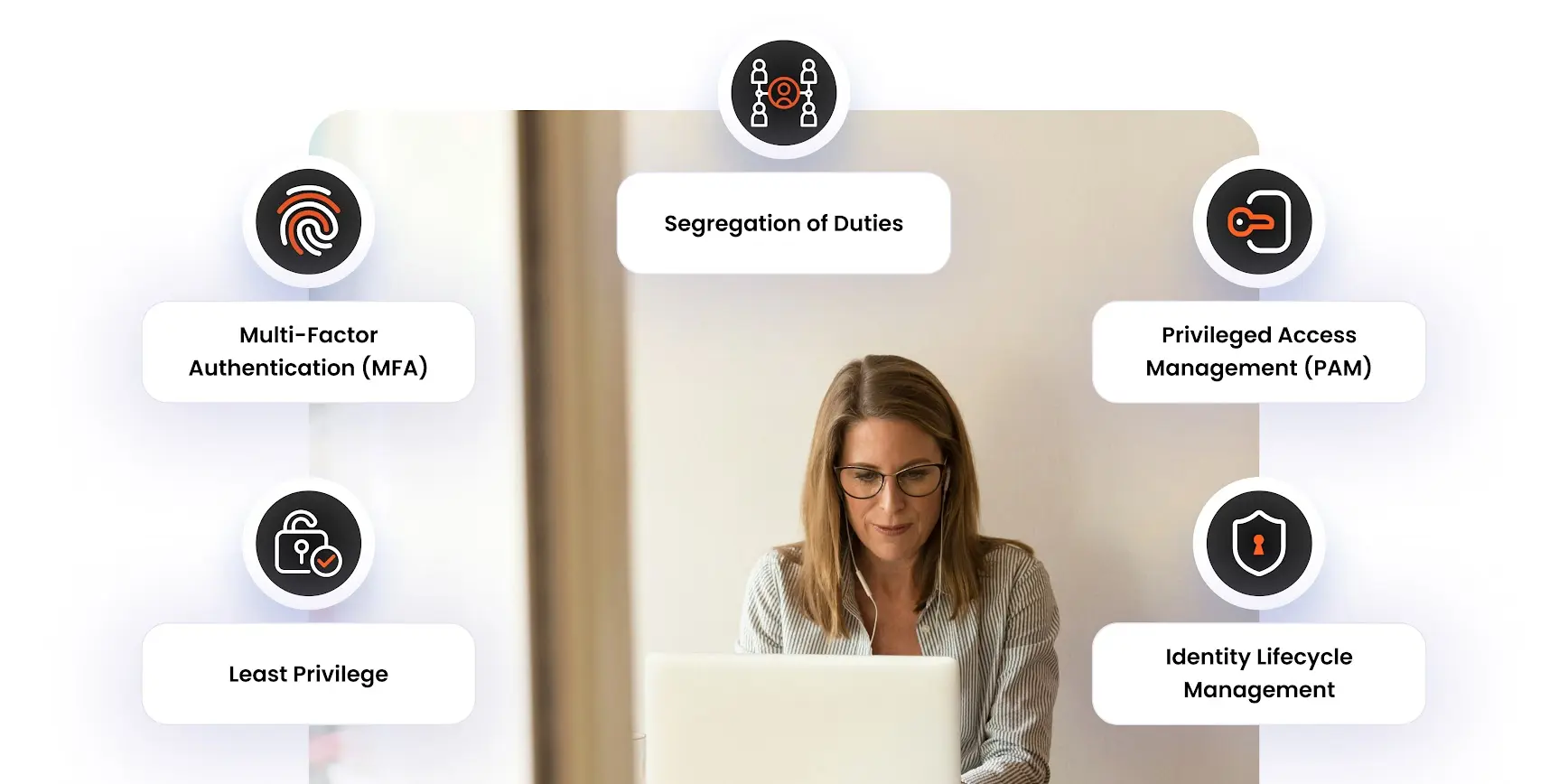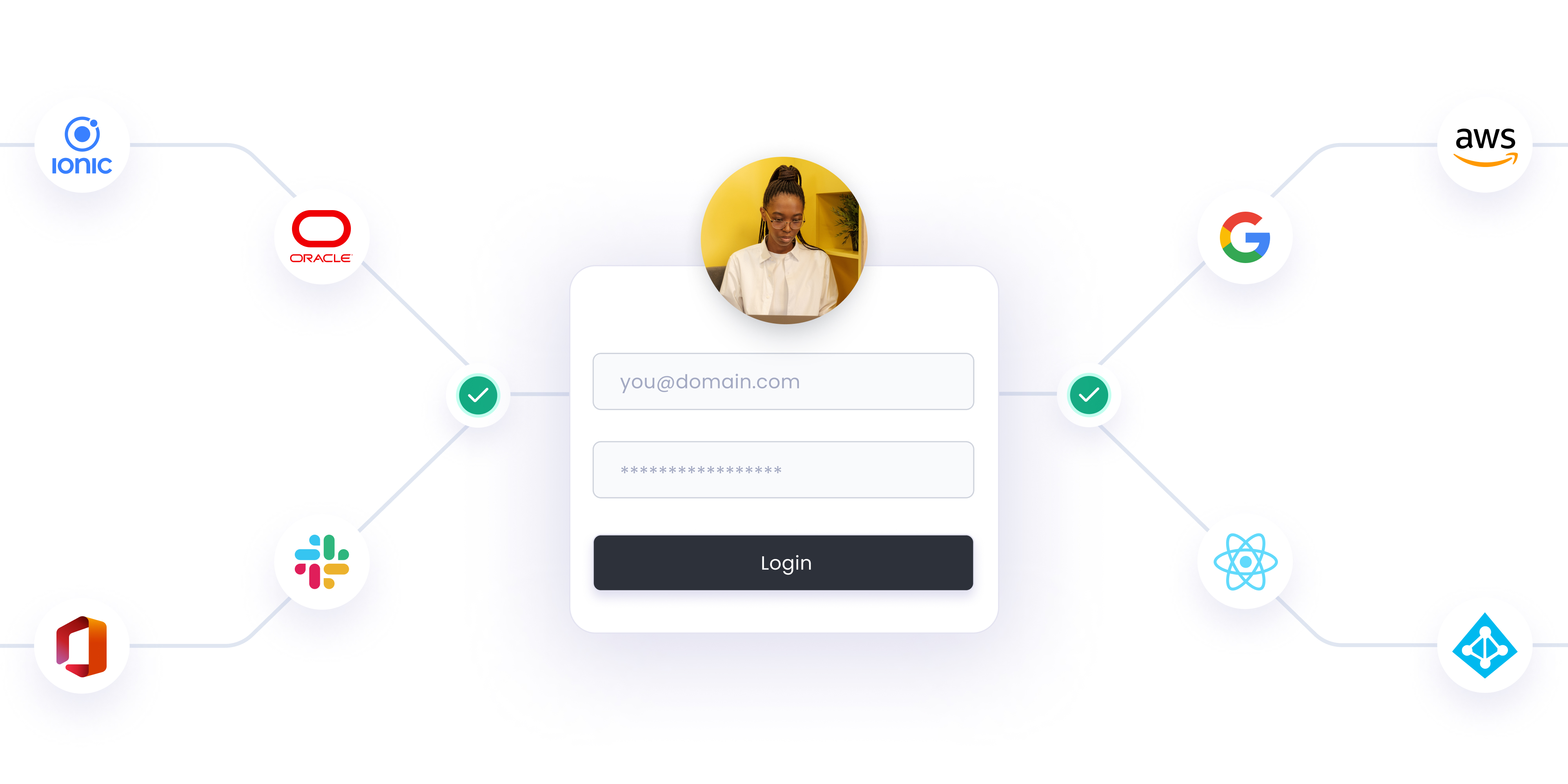Nowadays ensuring that Information Technology (IT) systems operate smoothly is critical in the complex web of contemporary securities trading. The threat of IT system breakdowns is causing anxiety for investors and securities firms. These errors can lead to a series of problems, including trading disruptions, data breaches, and significant financial losses.
Understanding the Importance of Information Security in Securities Companies
Information security plays a crucial role in the operations of securities companies. Cyber threats are on the rise. Protecting sensitive data and ensuring the safety of IT systems is important. This is necessary to maintain trust and compliance in the industry. The securities industry deals with vast amounts of confidential information, including clients' personal and financial data. A cybersecurity breach can lead to financial losses and harm a company's reputation. It’s important to have strong data protection measures to reduce risks from cyber attacks. Securities firms must invest in advanced security technologies, regularly assess their security, and continuously train employees to be aware of potential threats. By prioritizing information security, securities companies can demonstrate their commitment to protecting client assets and maintaining a secure environment for conducting financial transactions. Data breaches are happening more often. Businesses in the securities industry must protect sensitive information to stay safe and secure.
Regulatory Requirements and Compliance
- Exploring Clause 10, Article 89 of the Securities Law 2019: Article 89 of the Securities Law 2019 is important for regulating securities companies. It focuses on the importance of protecting IT systems and backup databases. Regulatory authorities recognize the importance of strong cybersecurity measures in protecting market integrity and investor interests.
- Delving into Specific Provisions by the State Securities Commission: The State Securities Commission creates rules for IT system security and continuity. These rules improve the requirements in Article 89 of the Securities Law 2019. The rules involve regular checks, risk evaluations, and plans to prevent problems and interruptions. The Commission wants securities companies to follow strict cybersecurity rules to ensure a safe financial system.
Mitigating Risks and Ensuring Compliance
- Enhancing IT Infrastructure Safety and Resilience: Securities companies must follow best practices and guidelines to strengthen their IT infrastructure. This includes implementing robust cybersecurity measures such as firewalls, encryption, and intrusion detection systems. You should apply regular software updates and patches to address known vulnerabilities. Additionally, employee training programs on cybersecurity awareness can help mitigate human errors and prevent security breaches.
- Mitigating Vulnerabilities through Audits and Risk Assessments: Conducting regular audits and risk assessments is paramount for identifying and mitigating potential vulnerabilities in IT systems. These assessments should encompass thorough evaluations of network security, data protection measures, and access controls. Testing backup systems with simulated scenarios ensures they can restore operations after a disruption or data loss. This enables organizations to prepare for any potential issues that may arise. It also allows them to identify and address any weaknesses in their backup systems. Ultimately, this proactive approach can minimize downtime and protect critical data.
- Fostering Collaboration with Regulatory Authorities: Collaboration between securities companies and regulatory authorities is essential in addressing IT security challenges. Regulatory authorities can provide guidance, updates on emerging threats, and regulatory requirements to enhance cybersecurity practices. Moreover, participating in industry-wide initiatives and information-sharing forums enables securities companies to stay abreast of evolving cybersecurity threats and mitigation strategies.
Best Practices for Ensuring Safe Operations of IT Systems and Backup Databases in Securities Companies
Ensuring the safety and security of IT systems and backup databases is crucial for securities companies to protect sensitive data and maintain operational efficiency. Companies can reduce risks and protect their operations by using strong security measures and effective backup procedures.
Implementing robust security protocols is vital for protecting sensitive information from unauthorized access or cyber threats. Securities companies should enforce strong password policies, use encryption technologies to secure data transmissions, and regularly audit their systems for potential vulnerabilities. Employee training on cybersecurity best practices can also help strengthen the overall security posture of the organization.
Regularly maintaining IT systems is important to keep them updated with the latest security patches and software updates. This helps address vulnerabilities that cyber threats could exploit. Having a clear plan for backing up your database is important. This way, you can quickly recover if you lose data or experience system failures.
Implementing Multi-Factor Authentication (MFA) adds an extra layer of security by requiring users to provide multiple forms of verification before accessing sensitive information. Single Sign-On (SSO) allows users to log in once to access multiple applications, reducing password-related risks. This means that users only need to remember one set of login credentials. By using SSO, users can save time and effort by not having to log in separately to each application. Additionally, SSO enhances security by reducing the number of passwords that users need to manage.
Identity & Access Management (IAM) tools help companies manage user permissions effectively, ensuring that only authorized personnel have access to specific resources. Securities companies can prevent unauthorized access and potential data breaches by enforcing strict access controls and monitoring user activities.
Important for securities firms to follow best practices to operate securely in the digital age. To stay secure, make sure to update IT systems, use strong security measures like MFA and SSO, and use IAM tools. Prioritizing cybersecurity measures not only protects valuable assets but also instills trust among clients and stakeholders in the company's commitment to data protection.
miniOrange MFA: Enhancing Identity Security with Ease
miniOrange MFA offers a comprehensive solution for enhancing identity security with ease. miniOrange is a reliable ally in the fight against cyber threats. They focus on protecting against identity theft by offering easy implementation, a seamless user experience, and ensuring user identity security.
MiniOrange MFA helps organizations and users stay safe in the digital world. It provides trusted security to protect identities and data. This security provider ensures safe navigation online
Author





Leave a Comment